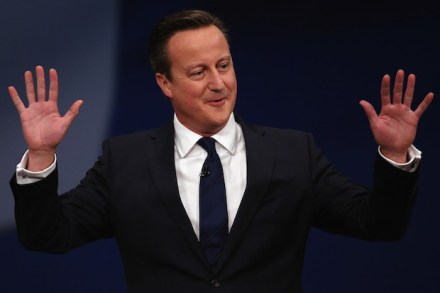Coffee Shots: David Cameron finds time to chillax away from the EU debate
Has the reason behind David Cameron’s relaxed appearance in last night’s ITV debate been uncovered? Mr S only asks after one snap happy parliamentarian sent a photo to the EyeSpyMP Twitter account of the Prime Minister chillaxing on the Commons terrace with a pint on Tuesday night: David Cameron chillaxing on the Commons Terrace last night. Downing pints and smoking fags. pic.twitter.com/HKN3VLQdZa — Eye Spy MP (@eyespymp) June 8, 2016 While the SNP lot were also out making the most of Parliament’s many taxpayer-subsidised watering holes last night, they did at least manage to avoid a run-in with Cameron. Mr S understands Mhairi Black spent the evening in Sports and




















